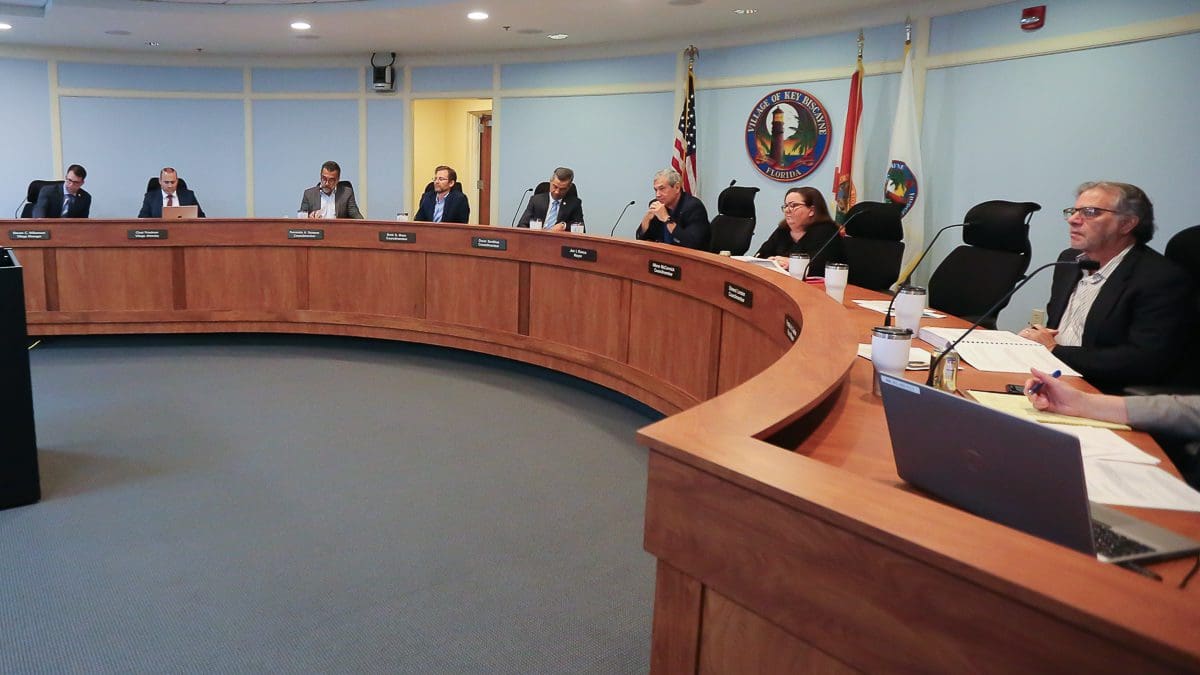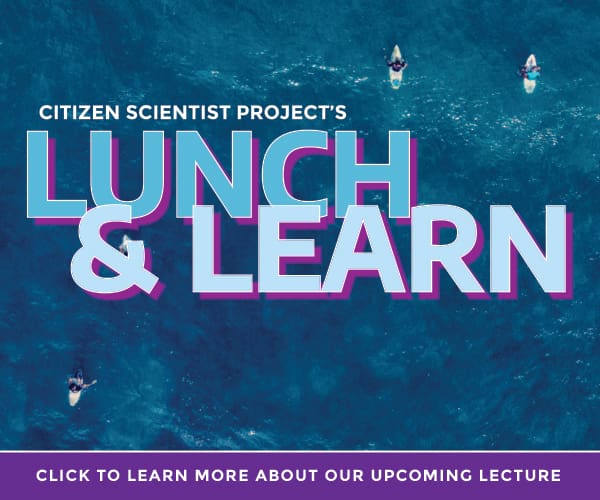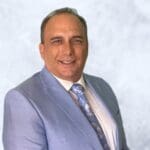The Village Council unanimously decided on to split the baby when it came to higher property taxes on Tuesday night, putting into jeopardy five wish-list projects. Earlier in the day, Miami-Dade commissioners also set initial rates that would raise property taxes.
Although the Council vote is likely to increase property taxes, the contemplated increase may not be enough to fund a $1.2 million proposal to install artificial turf on the field at St. Agnes Roman Catholic Church. The improvement to the field tops the list of those new initiatives that find themselves – at present – without funding in the Fiscal Year 2024 budget.
The Council chose between several different scenarios. All of them would have called for raising taxes, even if the tax rate remained the same, because property values increased 9.7%. The question Tuesday was whether to try to soften that increase — or use increased property values as a base to help fund wish list items.
The rate adopted Tuesday means the Village’s maximum tax increase would be 12.9%, except for Homesteaded properties, whose owners would only see a 6.3% increase, said Chief Financial Officer Benjamin Nussbaum. The rate is expected to be trimmed further before the September budget hearings, when the spending plan becomes final.
All five projects would be included if the Council decided to adopt the high-end rate of 3.47. The other end was a base budget of 2.96 that may have left residents unhappy with services. Instead, the Council went with a number suggested by Ed London, 3.26.
“I just don’t want to over-promise people that we’re going to take on so many different projects,” said Mayor Joe Rasco.
Vice Mayor Frank Caplan – who had initially said he wanted the wriggle room of the higher tax rate – conceded to the lower number. “I don’t think that some of those projects are going to garner consensus,” he said.
Invest in Local News for Your Town. Your Gift is tax-deductible
St. Agnes Catholic Church not only uses the field for its school but also leases it out to a Village for youth athletics, part of a multi-site approach to addressing the shortage of playing fields.
Placing artificial turf would allow those programs to make greater use of the worn-out field, even as officials are working to find new playing areas on Virginia Key in talks with the City of Miami.
The Council had asked to add the field to the budget, along with hiring a contractor to manage the athletic program ($200,000), adapt Harbor and Beach Park for “age and time appropriate sports” ($50,000), create a park usage and programing guide ($25,000), as well as to improve traffic circles, sidewalks and roadways ($600,000).
This doesn’t mean the projects are killed. They could be resurrected as the budget process evolves.
So what does the decision by the Council mean for residents’ pocketbooks?
Well, not everyone carries the same burden. Under the Florida Constitution “Save Our Homes” provision, tax increases are limited because property value increases are capped at 3% even when the real estate market rises more than that.
About a third of Key Biscayne property owners get the exemption, which means the cost of running government is effectively shifted to landlords and businesses — which then charge higher prices and rents. Over nearly three decades since the provision was adopted by Florida voters, the cumulative effect of the exemption has led to greater tax disparities.
County tax vote leads to criticism of Levine Cava
Also on Tuesday, County commissioners approved the initial property tax rate for Miami-Dade Mayor Daniella Levine Cava’s record $11.7 billion budget. Taxes would increase, on average, about 11.7%, even though the administration sought to label a 1% reduction in the tax rate as a “cut.”

“We’re going to be talking about raising taxes, not lowering taxes,” said Commissioner Raquel Regalado, who represents Key Biscayne.
Commissioner Danielle Cohen Higgins was also critical of Levine Cava for not doing more to trim the growth in spending after noting that the County was getting a huge boost in tax revenue because property values were up nearly 13%.
“Whose pockets are fat in Miami-Dade County?,” she asked. “It’s not our residents, it’s ours,” she said Tuesday.
A major point of contention was whether to postpone an increase in trash hauling fees that are currently subsidized from the general fund budget, essentially meaning taxpayers in municipalities like Key Biscayne – who already separately pay to haul trash — would pick up even more of the garbage tab for the rest of the County.
The Commission set the initial millage rate unanimously, and postponed the trash fee discussion to September. Some commissioners suggested ending recycling to cut costs.
There are no major new Rickenbacker Causeway or Key Biscayne initiatives in the County budget, said budget chief David Clodfelter, although prior year projects previously approved will continue to be funded. A major environmental study necessary to replace the Bear Cut bridge is still in progress.
As for the rest of the Causeway, Levine Cava said she is continuing to work with Key Biscayne and other stakeholders on developing a new Causeway plan after the collapse of the “Plan Z” privatization plan two years ago.
“It’s the Key’s driveway,” she said after her budget news conference Monday.
Editor’s Note: this version was edited regarding details of the trash hauling subsidy, trims a reference to labor cost estimates, and clarifies tax rate caps.




